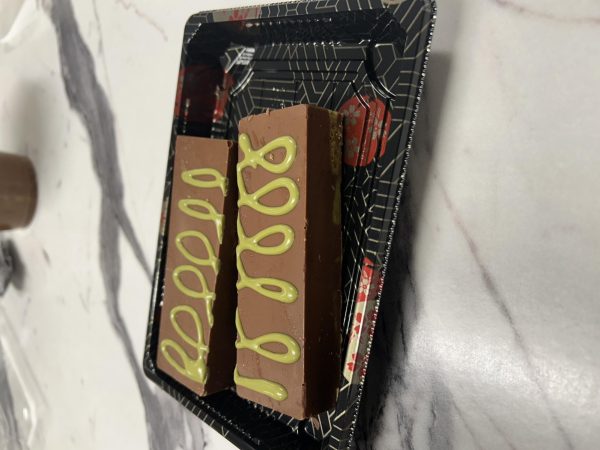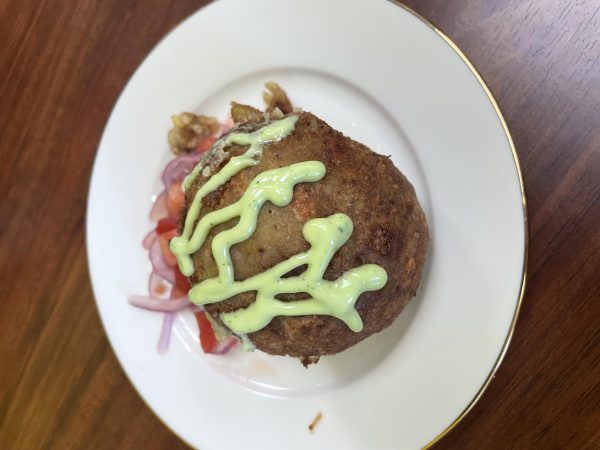Coffee with a spoonful of Ethiopian culture
Ethiopia is considered to be the birthplace of coffee, as the beverage is extremely popular in the country and is consumed the most there than any other African country. In Ethiopia, coffee — or buna, as it is called in the local languages Oromo and Amharic — is consumed multiple times a day. It holds a lot of importance in Ethiopia’s culture and economy, as around 60% of Ethiopia’s income comes from the trade of coffee. Ethiopians’ buna roasting ceremony is also essential to the social and cultural life in the country, and being invited to the ceremony is an indication of a strong relationship and an act of service.
Ingredients:
- ½ cup of coffee beans
- 1 cup of water
- 1 rue plant*
- Desired amount of sea salt
- Desired amount of sugar
- Desired amount of kibbeh*
- 2 cloves
*Can be found in Ethiopian markets such as Shabelle Ethiopian Grocery and Restaurant
Instructions:
- Start off by washing your coffee beans in a flat pan.
- Roast your coffee on the stove until brown.
- Let the coffee beans cool.
- Put the desired amount of water and cloves (less for stronger coffee, and more for weaker coffee) in your coffee kettle and boil.
- Grind your coffee beans into powder.
- Add coffee grounds into the kettle and let it boil for 2-5 minutes.
- Once the coffee is done boiling, take it off the stove and let it cool.
- Pour coffee into your cup and add the desired amount of sugar, sea salt, kibbeh and one rue plant.
Traditional Ethiopian coffee is a way to connect with the customs and roots of Ethiopia, making this drink very dear to my family and me. It’s made every day in my household. This recipe is meant to be shared with close friends and family. In Ethiopia, making buna for someone is an act of love. Trying this recipe can help you step out of your comfort zone and do something out of the ordinary.

Tenagnework Agedie is a senior at Columbia Heights High School. She is Co-Lead Photographer and staff writer for The Heights Herald.







